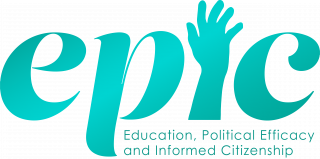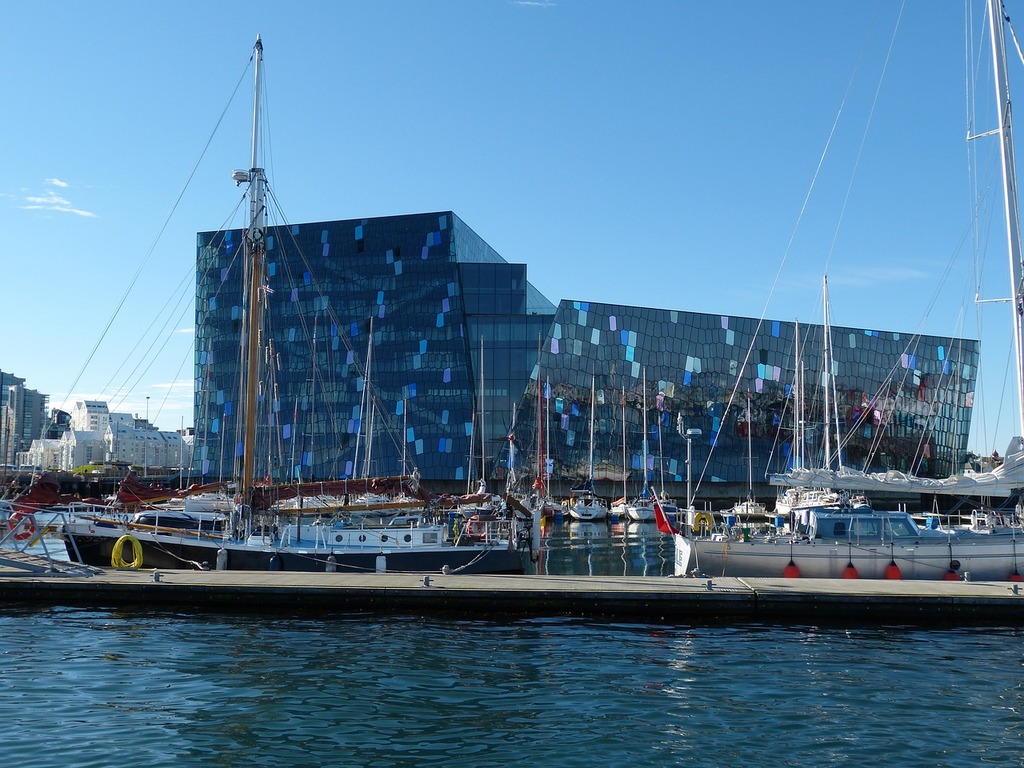Read more about the NoPSA conference and paper submission guidelines here.
Deadline for paper proposals is November 15, 2019.
Description of the workshop Political efficacy, participation and inequality
Previous studies have perceived a growing inequality gap between social groups and political participation in the Nordic countries as well as elsewhere in Europe. Political efficacy refers to an individual’s belief that a government acts in a responsive manner, taking into account citizens’ preferences and needs (external efficacy), and that an individual considers herself capable of influencing politics and controlling political decision-making (internal efficacy). Strong political efficacy, both external and internal, should lead to political engagement, which is based on critical evaluation of the political system (i.e. informed citizenship), correct and sufficient information on politics, and, consequently, to active participation in the society. Education, and particularly civic education, is considered to be one of the main explanations creating gaps in citizens’ efficacy-levels. Moreover, there exists several other potential factors (such as gender and migration background) affecting political efficacy depending on whether the interest is on internal or external political efficacy.
The panel welcomes both theoretical studies and empirical papers that take on different methodological techniques and analytical tools. Topics of interest include (but are not limited to): differences in the levels of political efficacy across social groups, potential factors explaining efficacy gaps, and education’s role in shaping citizens’ political efficacy. We especially welcome papers that investigate the link between political efficacy and political participation.
The language of the working group will be English. We recommend that the papers should be written in English as well.
Workshop leaders
Johannes Bergh
Leader of the Norwegian National Election Studies
Institute for Social Research, Oslo, Norway
johannes.bergh@socialresearch.no
Josefina Sipinen
Researcher
Tampere University


